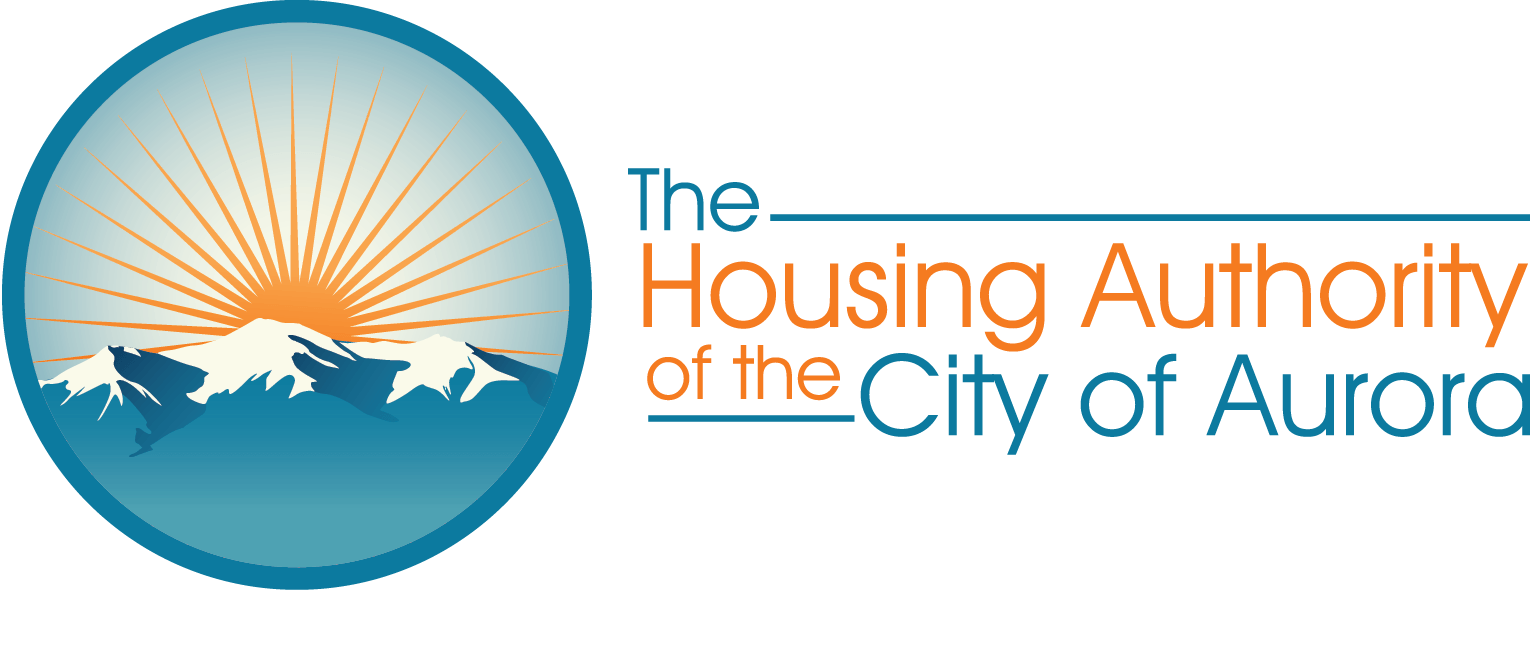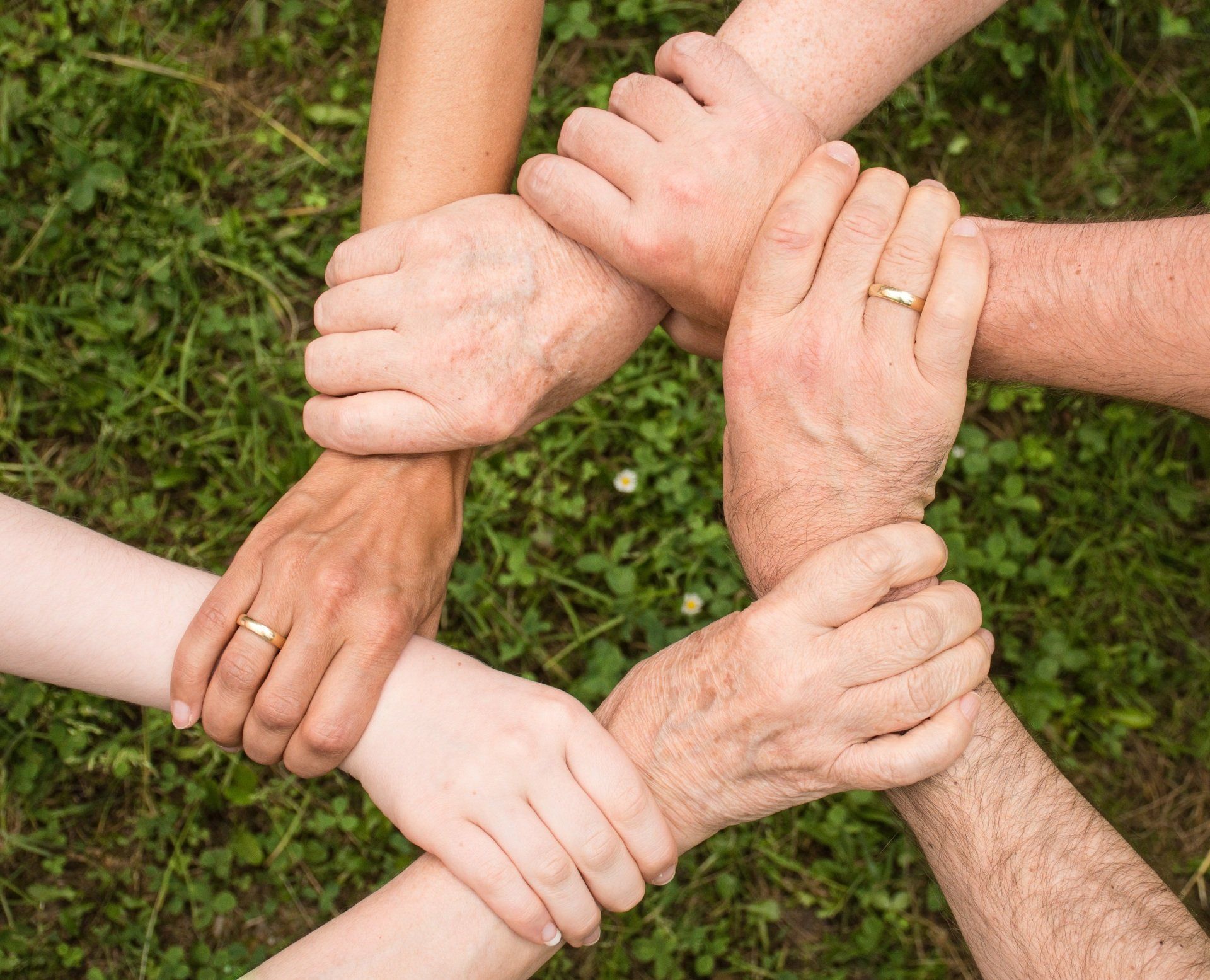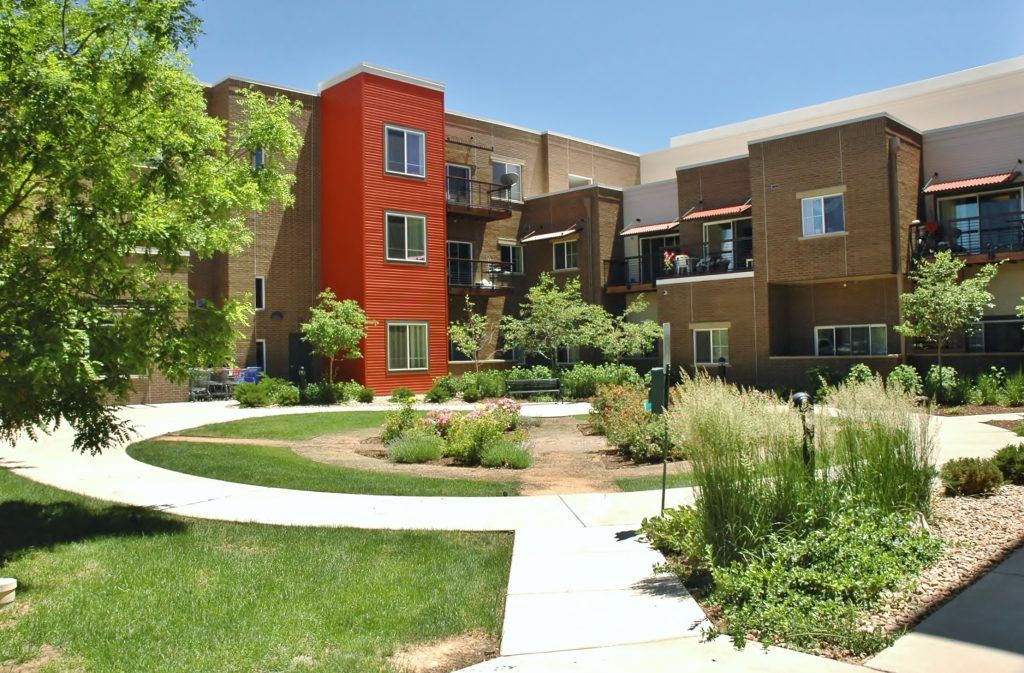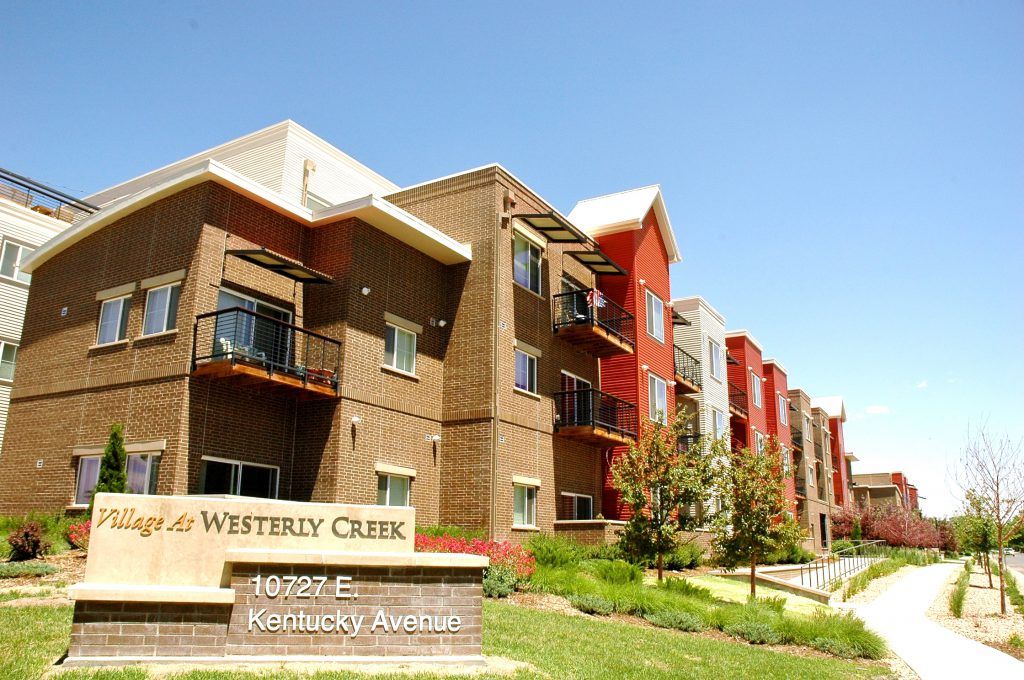FAMILY SERVICES
FAMILY SERVICES WITH THE HOUSING AUTHORITY OF THE CITY OF AURORA
View information about family services and our related programs below.
FAMILY SERVICES INFO
OUR MISSION
Family Services partners with individuals, families and the community to foster a quality housing experience as residents strive toward housing stability and self-sufficiency.
This mission aligns with AHA’s larger mission to develop and promote quality housing while supporting and encouraging economic opportunities leading to self-sufficiency and independence.
OUR VALUES
Family Services staff members exemplify AHA values in all aspects of their work by fostering an environment and working relationship characterized by AHA’s overarching values of integrity, respect, professionalism and community. In addition, as Family Services staff members, we are trustworthy and follow through on what we commit to doing. We work with people to make decisions about how to improve their living situations. In addition, we collaborate internally within AHA and externally with community partners as we work to empower those who find themselves marginalized by our societal structures.
METHODOLOGIES / THEORIES
Family Services embraces the following methodologies or theories in the work we do:
- Asset Based Community Development (ABCD) – A strategy for developing community by recognizing that all residents and communities have assets (i.e., gifts, strengths, abilities, etc.) no matter what the socio-economic situation. These assets are organized in such a way that residents and communities can improve their local living situation. Residents identify what they want for their living communities and what assets they have to implement that vision. Staff members from Family Services support residents as the residents use their assets to work toward their goals of building safer, more stable and healthier communities. ABCD also recognizes that the surrounding neighborhood has assets that can contribute to the quality of life at a property and for individual residents.
- Trauma Informed Community Building (TICB) - TICB begins at the nexus of community and individual trauma, the need for healing, and the hope of a better future. Here, hope is not simply a feeling of aspiration; rather, hope is the action that communities engage in to find restoration by opening up to a common history and experience of trauma in such a way that builds the social fabric. Space is created for residents to explore these communal traumas and the systems that all-too-often perpetuate them. Healthy and meaningful creative expressions provide an outlet to re-contextualize trauma in restorative and healing stories.
- Family Systems Theory – A way of understanding families that takes into account the interdependence of individual family members. No family member acts, feels, or thinks in isolation. Instead, individuals are interconnected such that the whole family can be considered one emotional unit with its own unique adaptations to changing life circumstances. Working with families through this lens helps individuals recognize their roles in the family, open up lines of communication for healthier dialogue, and realize how each relies on the other and the whole. Family Systems Theory also stresses the importance of networks of friends and neighbors, as well as community connections, to the overall well-being of the family.
- Motivational Interviewing – A methodology used to help clients explore and resolve their ambivalence about changing certain behaviors. It is a collaboration between case managers and participants or residents that helps increase client awareness of the inconsistencies between current behaviors and their desired goal. Motivational Interviewing helps elicit more conversations about change in a supportive manner.
- Social Identity Theory – A person’s sense of who they are and why they do what they do based on their group (race, ethnicity, religion, sexual orientation, gender identity, etc.) memberships. Our social identities shapes our norms, behaviors, customs, etc.
- Strengths Based – A methodology that focuses on an individual’s or community’s strengths and the resources available when working towards resolving an issue or accomplishing a specific goal rather than focusing on their deficits. It views clients as being resourceful and resilient when faced with challenges.
- Trauma Informed Care – An attitude that emphasizes an awareness of our own personal traumas and how those traumas may intersect with the traumas of those we serve. It also emphasizes compassion when working with those who are traumatized. It takes into consideration the safety of participants, residents, and staff members and provides tools that helps stabilize situations.
